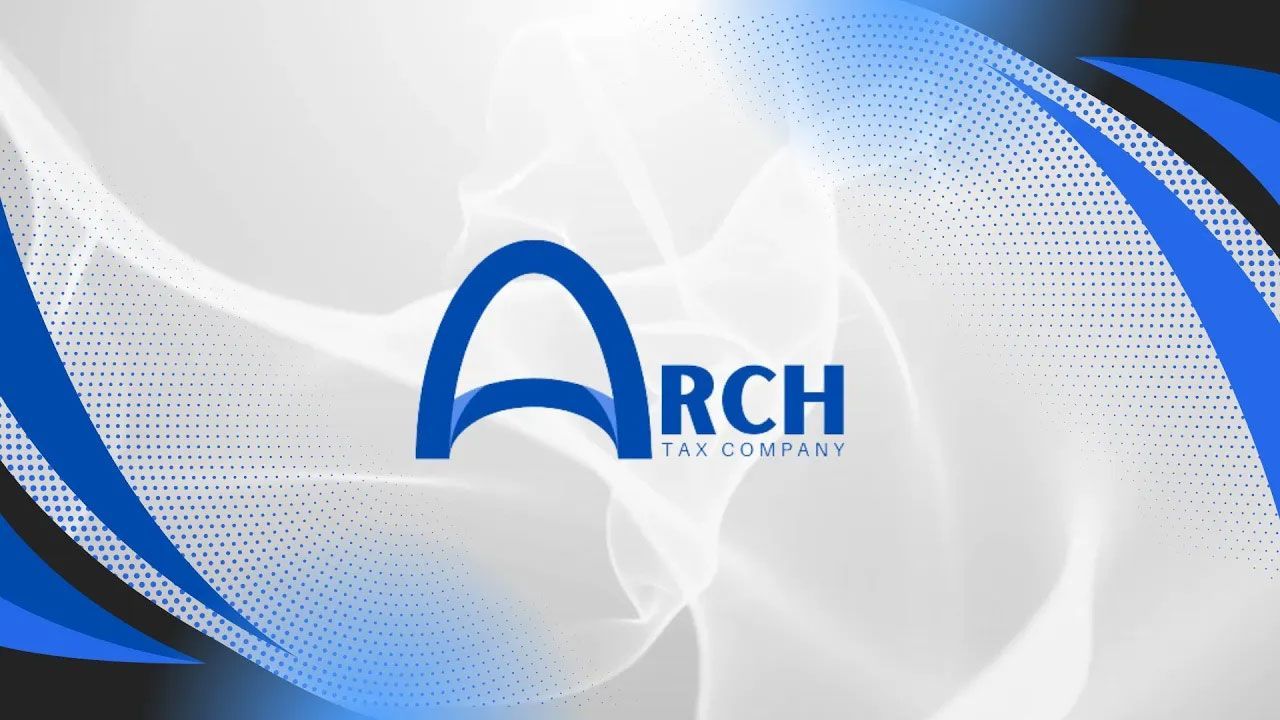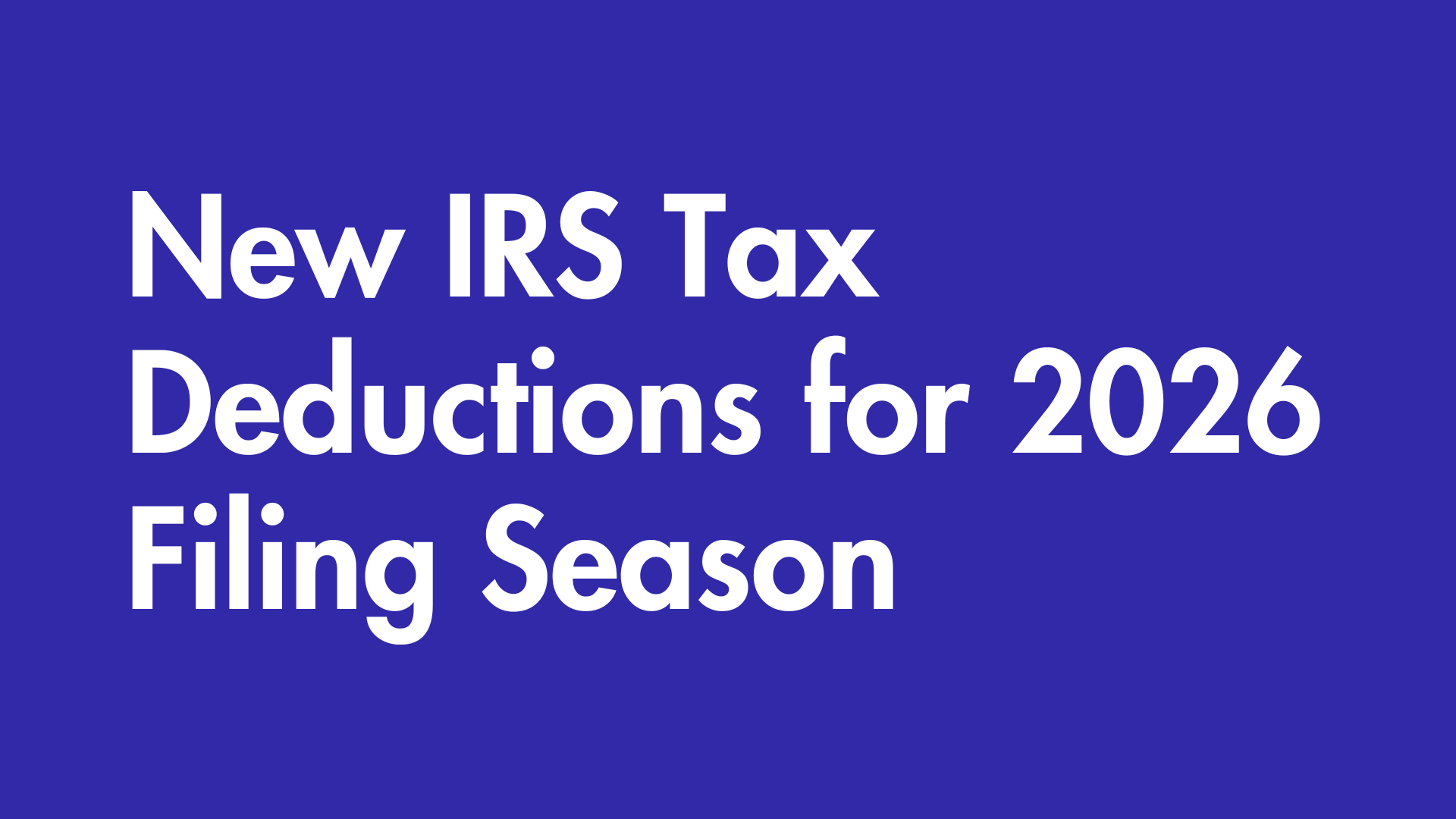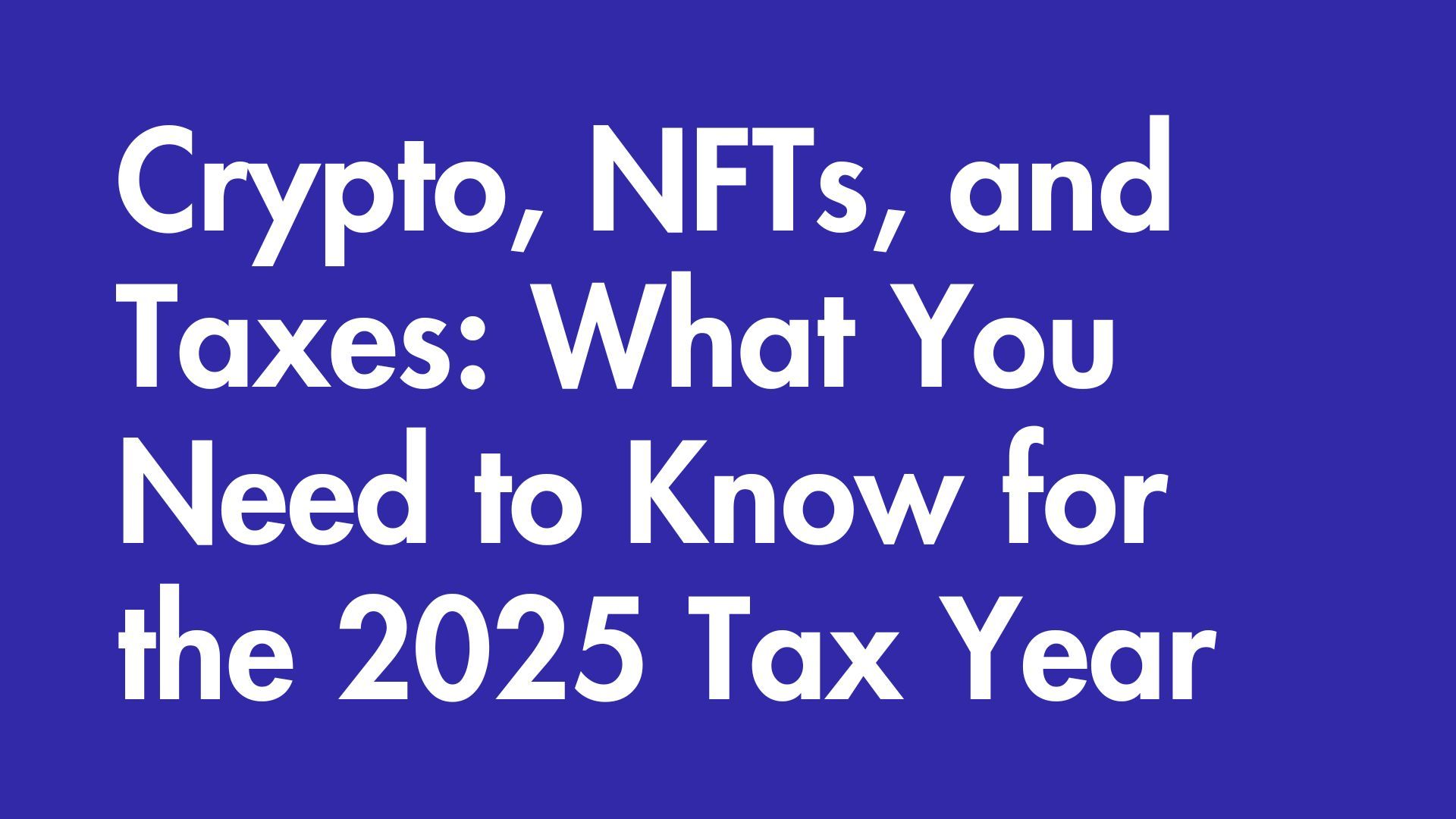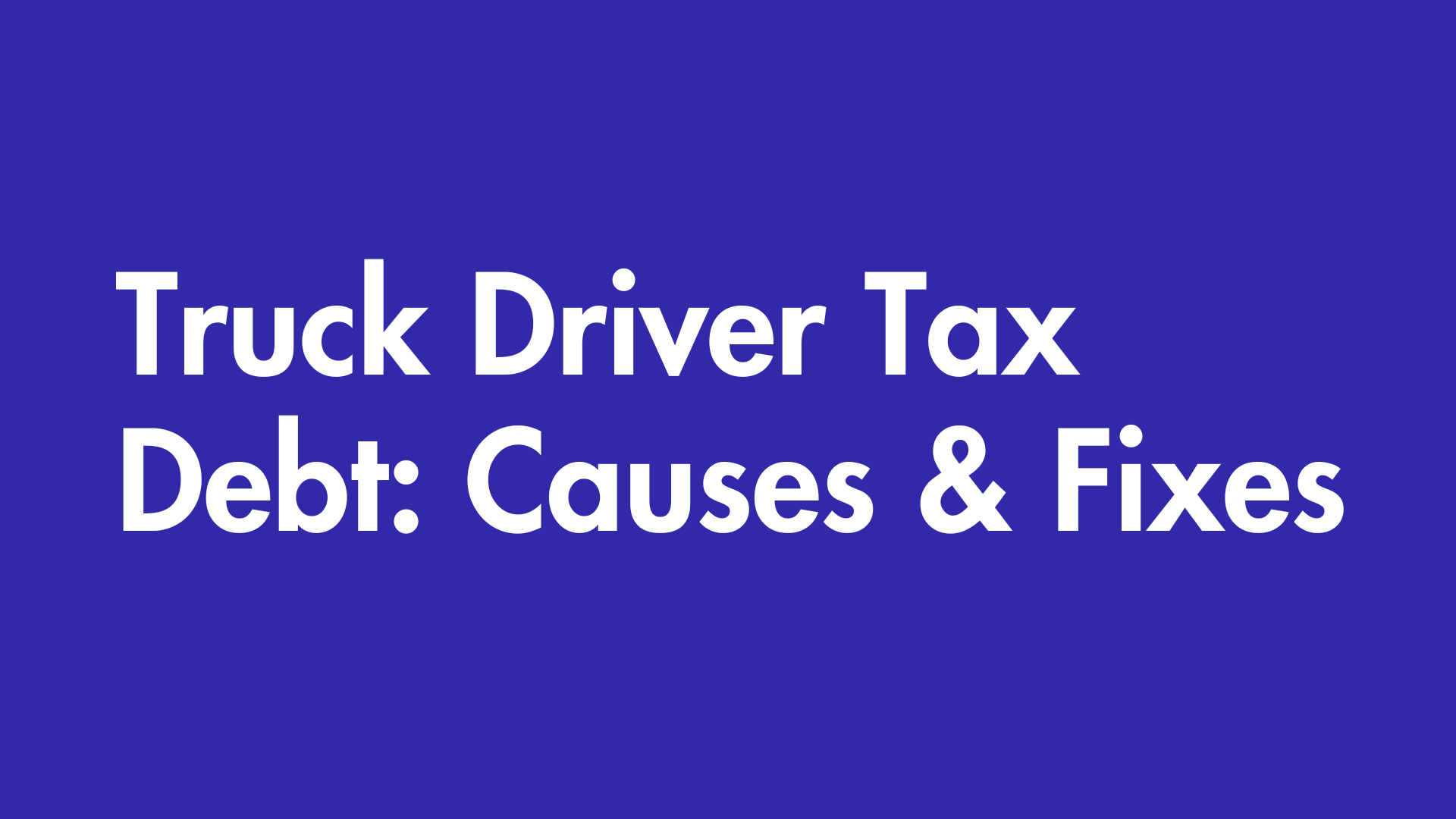How a Government Shutdown Impacts the IRS
When the federal government shuts down, uncertainty ripples through every part of the system—including the IRS. For taxpayers working through back-tax issues or trying to resolve their debt, a shutdown can make an already stressful process even more complicated.
The truth is, a government shutdown doesn’t stop the IRS entirely. It simply slows the human side of it to a crawl while leaving the automated systems running in the background. That means penalties still accrue, notices still go out, and deadlines don’t stop.
Let’s break down how this affects your IRS resolution process—and how to stay one step ahead.
IRS Operations During a Shutdown
During a shutdown, the IRS operates with a skeleton crew. Most employees are furloughed, phone lines are unanswered, and paper correspondence sits unopened. Walk-in offices are closed, and appeals or audit meetings are typically postponed.
But the IRS’s automated systems keep running. You can still file tax returns electronically, make payments online, and even apply for certain installment agreements. In other words, while communication slows dramatically, the clock doesn’t.
How It Affects Your Resolution Process
1. Offers in Compromise (OIC)
If you’ve submitted an Offer in Compromise, expect delays. The IRS units that review OICs are heavily dependent on staff, and during a shutdown, those cases often sit untouched. However, interest and penalties continue to accrue until your offer is accepted and processed. rd.
2. Installment Agreements
Automated payment systems stay active, so if you’re already on an installment plan, your payments will still process. But new installment agreements that require manual review can get delayed. Setting up a basic online payment plan is still possible, so taxpayers with smaller debts should take advantage of the IRS’s online tools.
3. Audits and Appeals
Shutdowns put most audits and appeals on hold. IRS examiners and appeals officers are furloughed, meaning no meetings, no responses, and no movement until funding resumes. While frustrating, this pause gives taxpayers and their representatives extra time to prepare, organize records, and tighten their arguments before the process resumes.
4. Collections and Enforcement
Most in-person enforcement actions—like field visits, wage garnishments, or bank levies—are paused. However, automated collection notices may still be issued, and interest continues to grow. It’s a temporary slowdown, not a freeze, so it’s important not to ignore these notices even if you can’t reach anyone at the IRS.
5. Penalty Relief and Refund Claims
Requests for penalty abatement or amended returns are generally stalled because they require manual processing. But deadlines for claiming refunds or responding to IRS letters still apply, even if no one is there to read them. Missing a deadline could cost you valuable rights down the line.
Turning Downtime Into Opportunity
A government shutdown can be frustrating—but it can also be used strategically. While the IRS slows down, your tax resolution efforts don’t have to. Here’s how to make the most of it:
- File any missing returns: Electronic filing still works and helps prevent further penalties.
- Gather financial documentation: Use this downtime to organize income records, bank statements, and proof of expenses or hardships.
- Set up online payment arrangements: Many taxpayers can qualify automatically through the IRS’s website.
- Work with a tax professional: While the IRS is offline, firms like Arch Tax remain fully operational. We can use this time to prepare your case so you’re first in line when the government reopens.
The Bottom Line
A government shutdown slows the IRS—but it doesn’t stop your tax obligations. Deadlines continue, penalties build, and progress stalls unless you stay proactive.
If you’re in the middle of a resolution process or considering one, don’t wait for the government to reopen. At Arch Tax, we specialize in helping clients keep their momentum, even when Washington grinds to a halt.
Contact us today and let’s prepare your case, protect your rights, and position you for success once the IRS is back at full strength.








